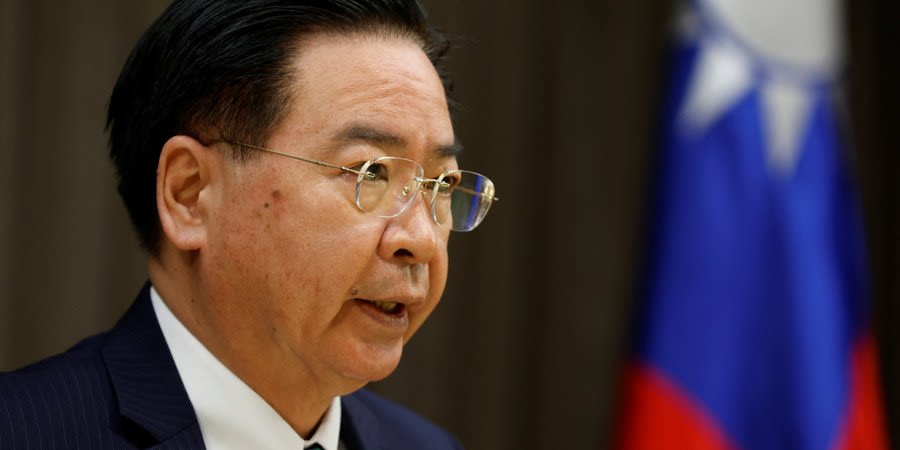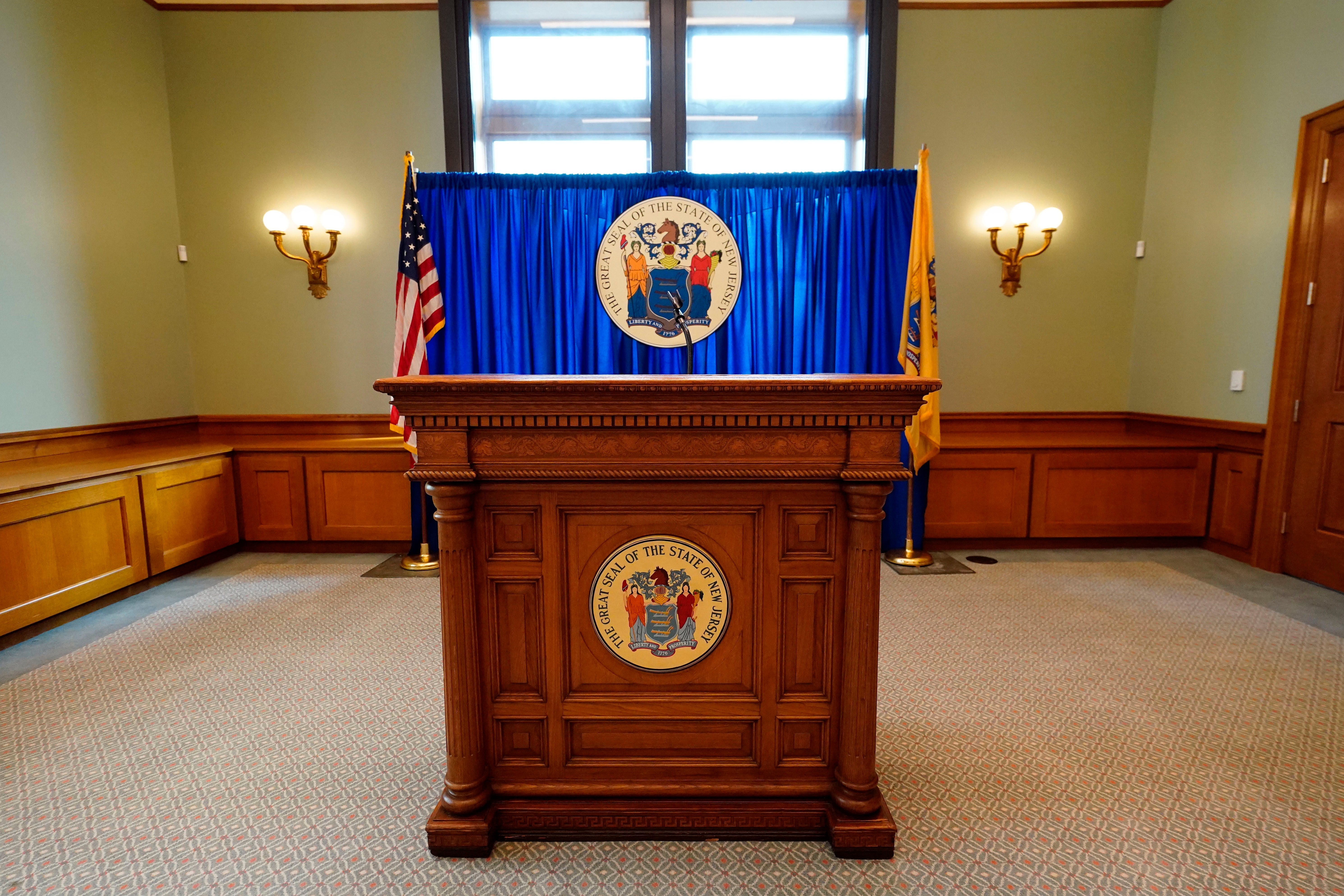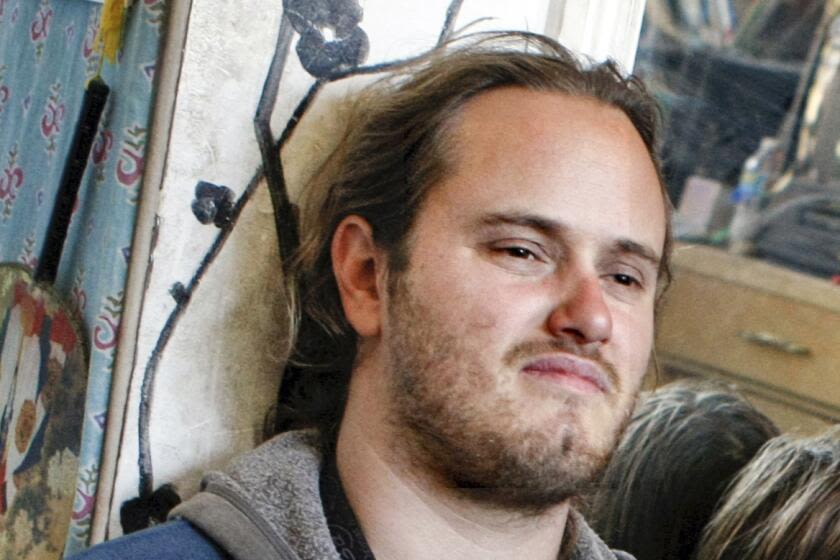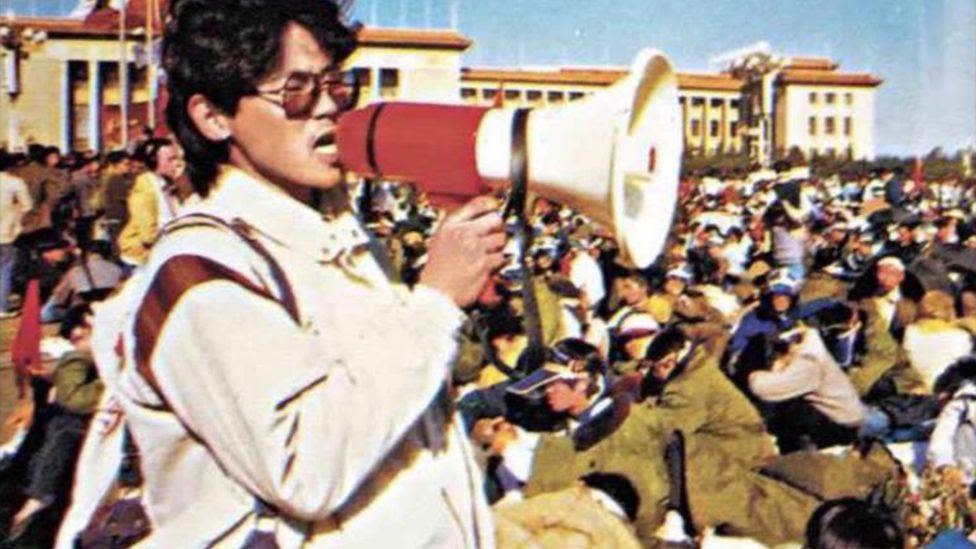Search results
News about Taiwan, Georgia, Ukraine
News about MSNBC analyst, Trenton, David DePape
Also in the news
The Editors of Encyclopaedia Britannica. Democracy is a system of government in which laws, policies, leadership, and major undertakings of a state or other polity are directly or indirectly decided by the “people,” a group historically constituted by only a minority of the population (e.g., all free adult males in ancient Athens or all ...
democracy, Form of government in which supreme power is vested in the people and exercised by them directly or indirectly through a system of representation usually involving periodic free elections. In a direct democracy, the public participates in government directly (as in some ancient Greek city-state s, some New England town meetings, and ...
Jan 29, 2021 · Robert Longley. Published on January 29, 2021. A democracy is a form of government that empowers the people to exercise political control, limits the power of the head of state, provides for the separation of powers between governmental entities, and ensures the protection of natural rights and civil liberties.
Jul 27, 2006 · Democracy. First published Thu Jul 27, 2006; substantive revision Thu Mar 3, 2022. Normative democratic theory deals with the moral foundations of democracy and democratic institutions, as well as the moral duties of democratic representatives and citizens.
Democracy is broadly understood to mean ‘rule by the people’. In practice, it is often defined as people choosing their leaders in free and fair elections. Other definitions go beyond this. For example, some of them see democracy as people having additional individual rights and being protected from the state.
DEMOCRACY meaning: 1 : a form of government in which people choose leaders by voting; 2 : a country ruled by democracy.
Democracy is a core value of the United Nations. The UN supports democracy by promoting human rights, development, and peace and security. In the 75 years since the UN Charter was signed, the...





